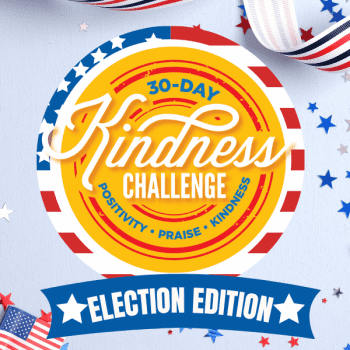
Action Step #2: Get curious rather than critical
Now that we have seen the data on how much agreement we do have, we are armed with insider information that we can apply when testy political conversations come up. Remember that statistically we’re likely to share similar, privately held viewpoints with others in those conversations. And even if we don’t, it is highly likely that there are other points of convergence.
A powerful tool in today’s divided time is for each of us to see if we can find areas of interpersonal agreement with others—even when we do in fact disagree on policy.
One way to do this is to become more curious. See if you can get to the issue under the “policy position” by inviting others to share the values or fears that shaped their views. You may begin to see surprising areas of agreement. For example, you can probably understand and empathize with feeling fear of loss—even if the precise loss each of you fears is radically different and leads you to opposite policy conclusions.
Jesus loved those who were hard to love. We are to do the same. So as you interact with your opinionated neighbor, get curious about what is under the surface. Where possible, allow yourself to feel empathy for his or her feelings.
Another way you can disarm an “opponent” in a testy conversation is simply to be more kind. And that leads to my next tip.

















